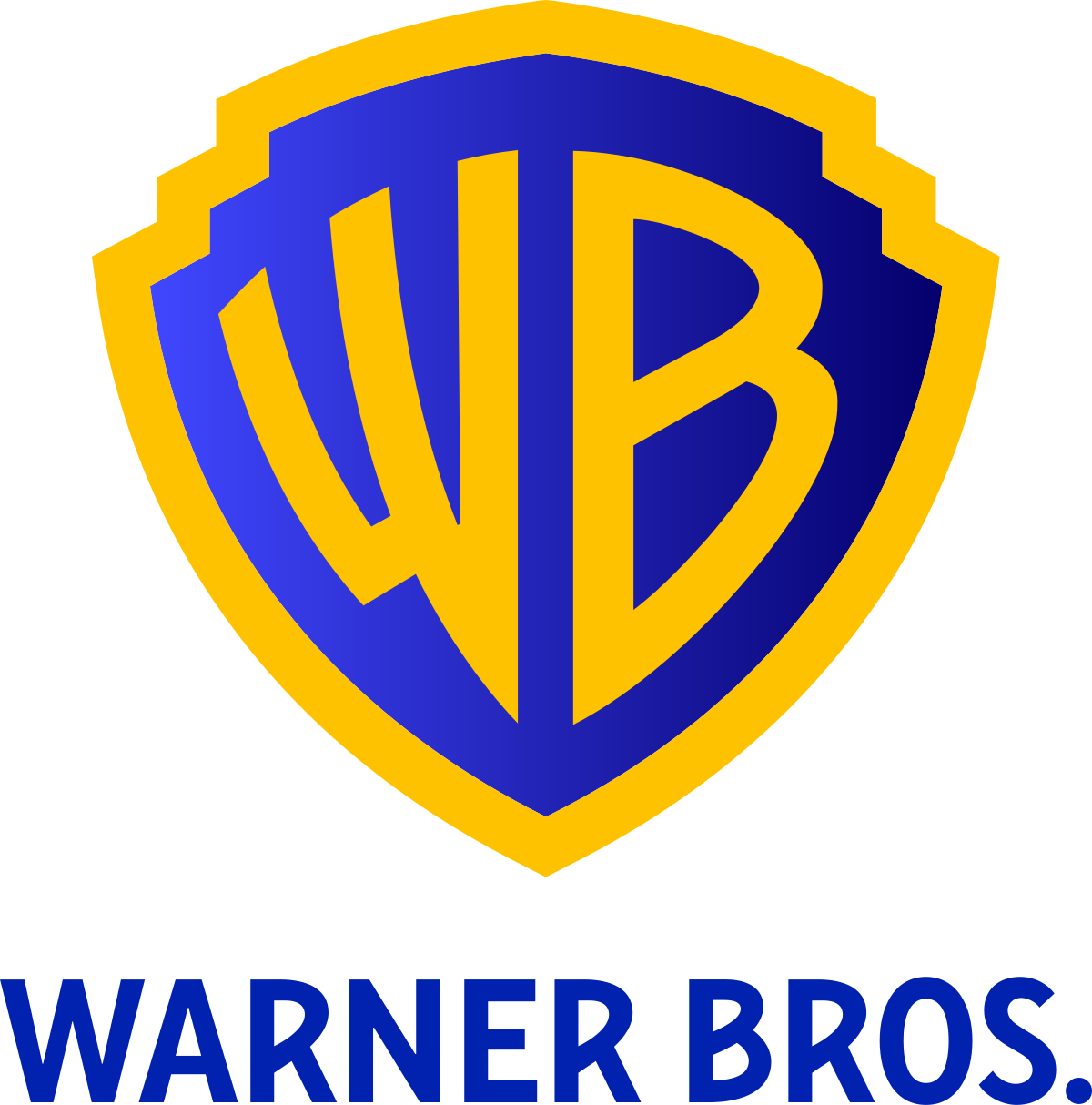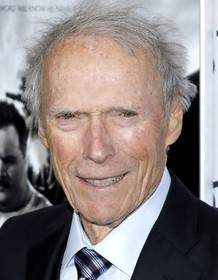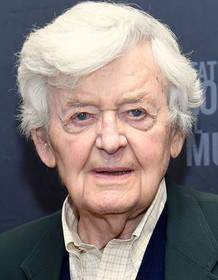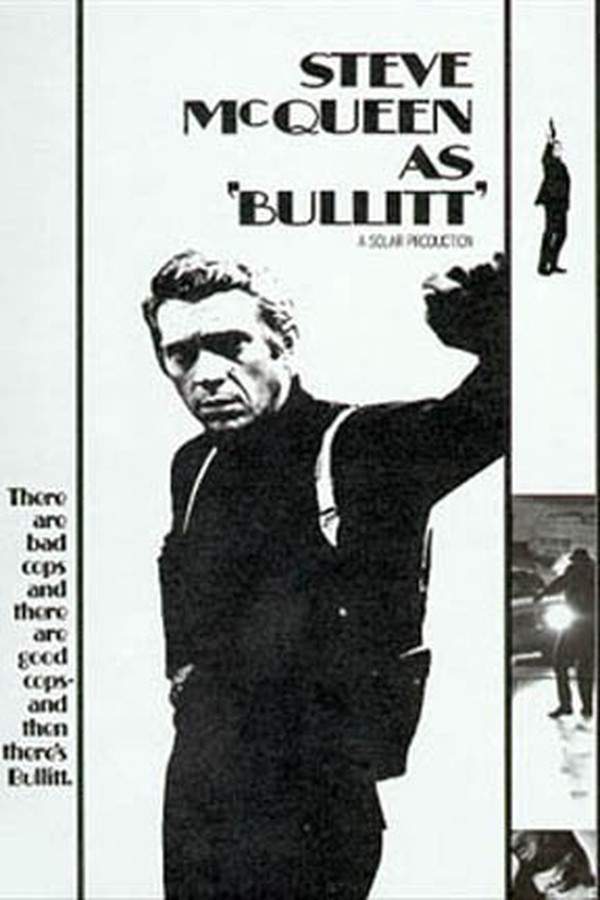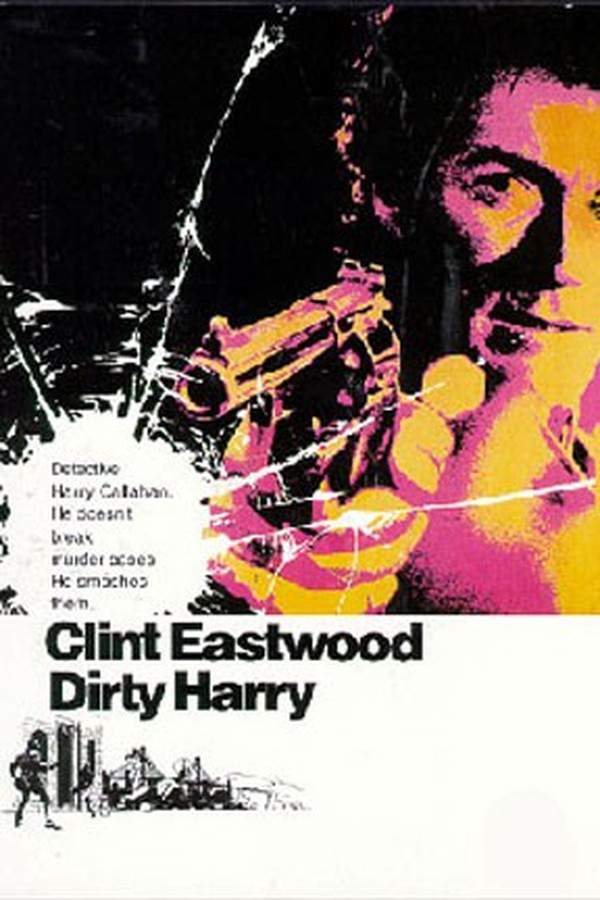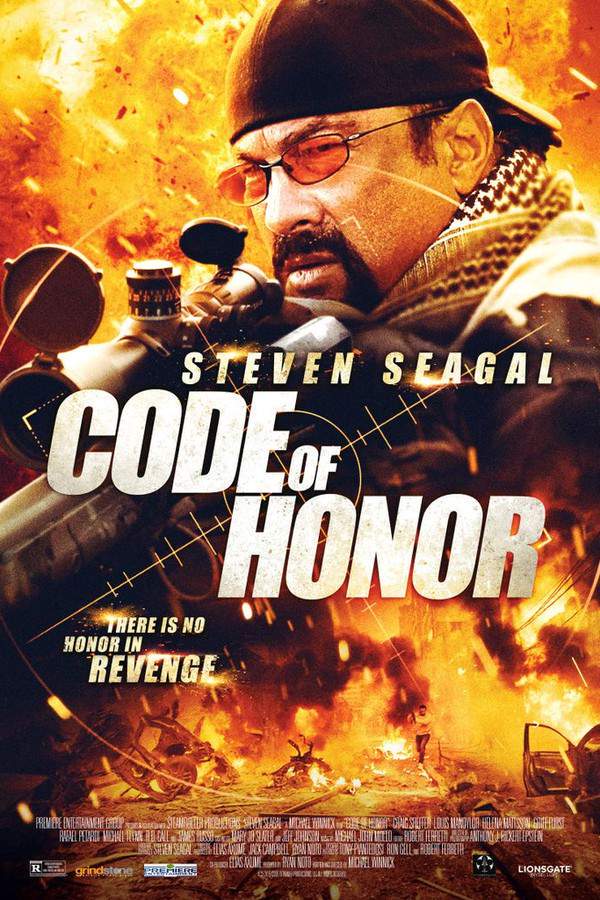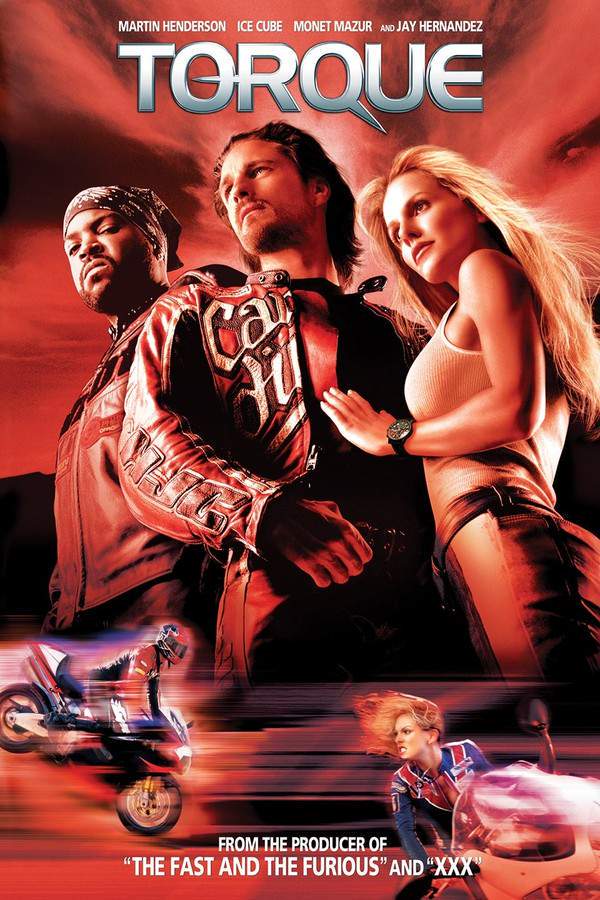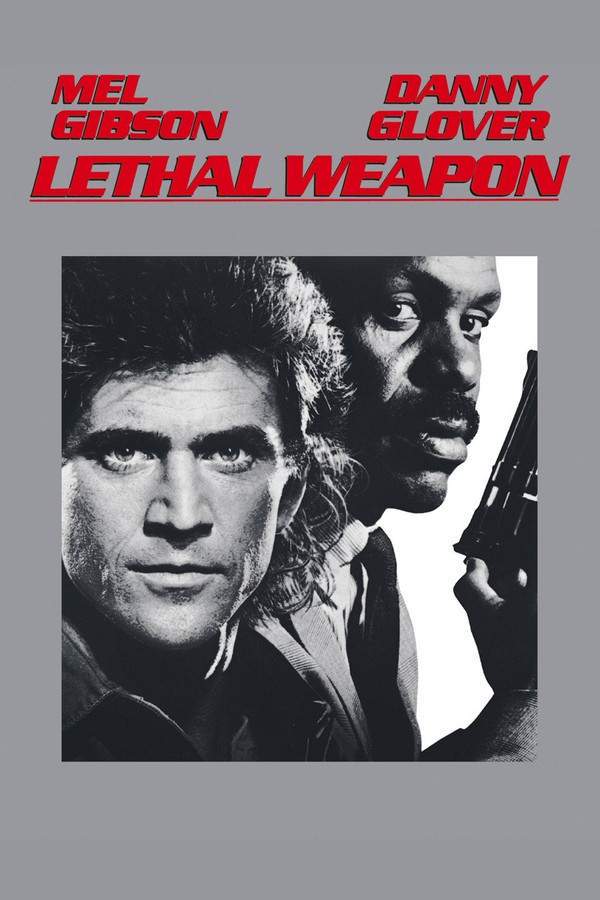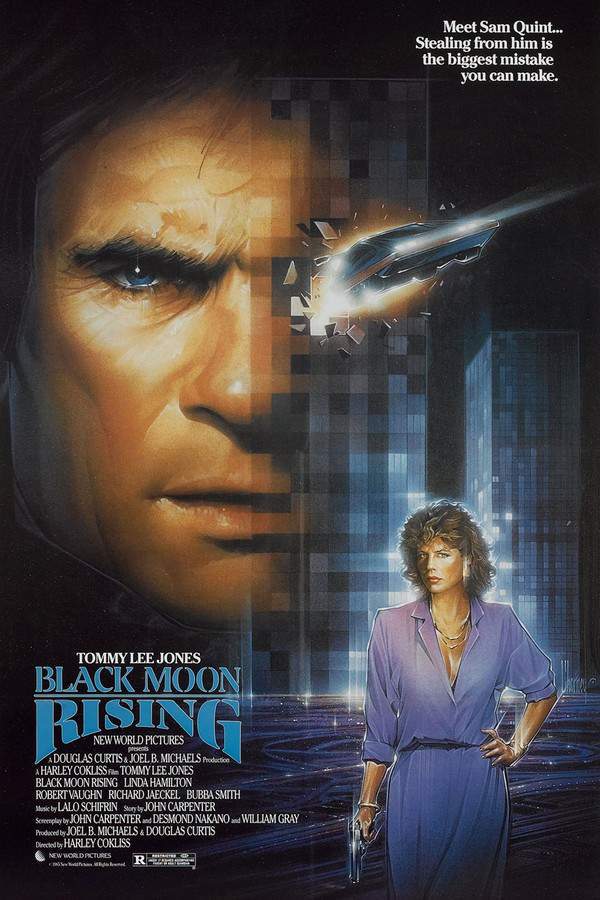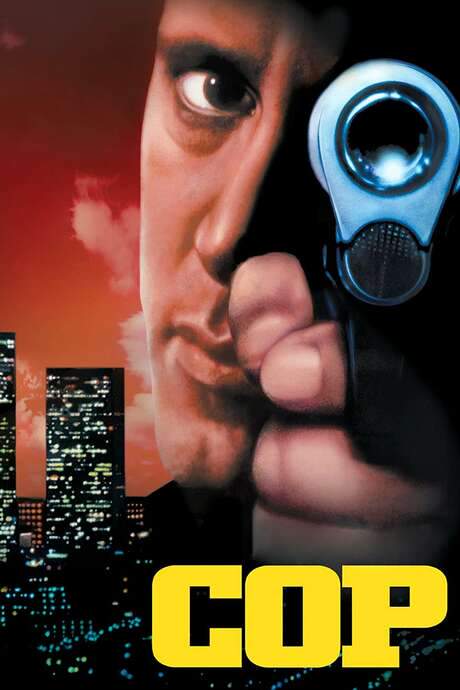Magnum Force 1973
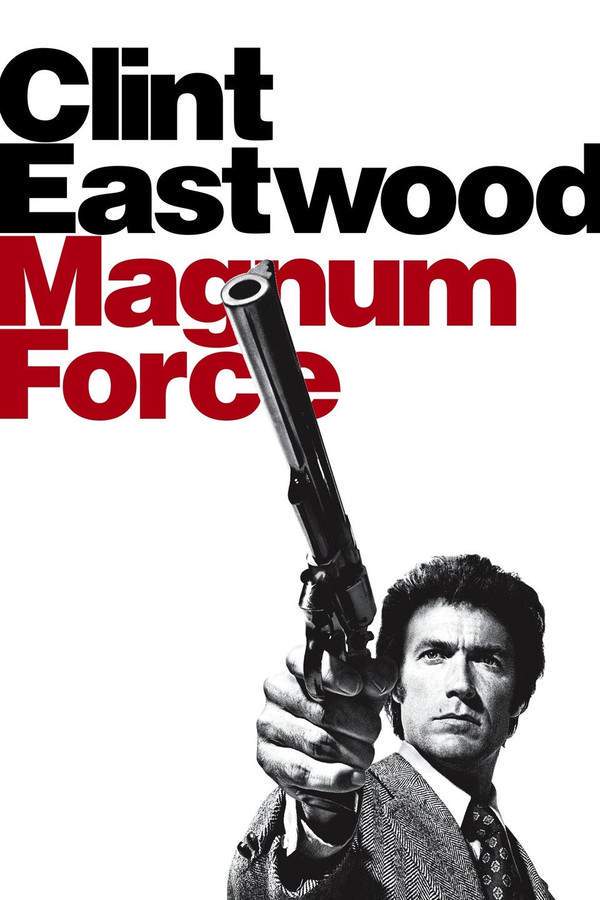
In a gritty San Francisco, Detective "Dirty Harry" Callahan investigates a vigilante group targeting criminals who have avoided justice through legal loopholes. As Callahan pursues the gang, he suspects a connection to a series of murders, and his investigation leads him to believe his former partner may be involved, forcing him to confront a deeply personal and dangerous situation.
Does Magnum Force have end credit scenes?
No!
Magnum Force does not have end credit scenes. You can leave when the credits roll.
Meet the Full Cast and Actors of Magnum Force
Explore the complete cast of Magnum Force, including both lead and supporting actors. Learn who plays each character, discover their past roles and achievements, and find out what makes this ensemble cast stand out in the world of film and television.
External Links and Streaming Options
Discover where to watch Magnum Force online, including streaming platforms, rental options, and official sources. Compare reviews, ratings, and in-depth movie information across sites like IMDb, TMDb, Wikipedia or Rotten Tomatoes.
Ratings and Reviews for Magnum Force
See how Magnum Force is rated across major platforms like IMDb, Metacritic, and TMDb. Compare audience scores and critic reviews to understand where Magnum Force stands among top-rated movies in its genre.

58
Metascore
7.1
User Score


69%
TOMATOMETER

78%
User Score

7.2 /10
IMDb Rating

71
%
User Score
Take the Ultimate Magnum Force Movie Quiz
Challenge your knowledge of Magnum Force with this fun and interactive movie quiz. Test yourself on key plot points, iconic characters, hidden details, and memorable moments to see how well you really know the film.
Magnum Force Quiz: Test your knowledge on the intense and gritty sequel to Dirty Harry, featuring vigilante justice and a complex moral landscape.
What caliber is the revolver that Dirty Harry famously uses?
.357 Magnum
.44 Magnum
.45 ACP
9mm
Show hint
Full Plot Summary and Ending Explained for Magnum Force
Read the complete plot summary of Magnum Force, including all major events, twists, and the full ending explained in detail. Explore key characters, themes, hidden meanings, and everything you need to understand the story from beginning to end.
The film opens with a striking visual of a Smith & Wesson Model 29 revolver against a red backdrop, accompanied by the ominous voice of Inspector ‘Dirty’ Harry Callahan (Clint Eastwood). He declares, “This is the .44 Magnum, the most powerful handgun in the world. And it could blow your head clean off. Do you feel lucky?” As the credits roll, the story sets a dark tone, revealing the aftermath of a heinous crime involving Carmine Ricca (Hal Holbrook), a labor racketeer who escapes justice. Following his acquittal for the murder of a union leader and his family, Ricca’s freedom ignites fury among protesters outside the courthouse.
Meanwhile, a San Francisco Police Department motorcycle cop, who is later revealed to harbor a vengeful persona, witnesses the chaos and takes matters into his own hands. He pulls over Ricca’s limousine under the guise of issuing a ticket but swiftly turns the encounter deadly, executing all occupants: Ricca, his attorney, and their driver in cold blood.
As the narrative unfolds, Harry and his partner, Early Smith (Felton Perry), are drawn into the investigation amid tensions with Lt. Neil Briggs (Mitch Ryan), who loathes Harry’s maverick style. Harry, unimpressed by the bureaucratic constraints, exclaims, “A man’s got to know his limitations.” This friction hints at the philosophical clash between traditional law enforcement and a more brutal approach to justice.
Amidst escalating violence, a chilling scene unfolds at San Francisco International Airport, where Harry dons a pilot’s uniform to thwart a hijacking. This not only showcases his resolve but also deepens his rivalry with Lt. Briggs, who is forced to acknowledge Harry’s effectiveness despite his disdain for Harry’s methods.
The plot thickens as Harry encounters rookie cops, notably Philip Sweet (Tim Matheson), John Davis (David Soul), Donald “Red” Astrachan (Kip Niven), and Michael Grimes (Robert Urich),who share a camaraderie that history suggests may be tested by the rising tide of violence. Their camaraderie is juxtaposed against the backdrop of an emerging vigilante, the motorcycle cop, whose ruthlessness escalates following a slaughter at a gangster’s swimming party.
As the vigilante’s audacious killings prompt Harry to confront corruption within the force, he grapples with a profound moral quandary. The unidentified cop who carries out the executions soon reveals himself as John Davis, thrusting Harry into a web of deception and betrayal.
Climbing the tension to a climactic confrontation, Harry’s investigations lead him to the realization that the law he cherishes may be intertwined with moral ambiguity. Tragedy strikes when Harry’s ally, Charlie McCoy (Mitch Ryan), is killed, propelling Harry into a determined pursuit of justice.
The final confrontation showcases the deadly stakes of Harry’s commitment to his principles as he faces off against both the corrupt police force and the killers. In an explosive climax, following several harrowing encounters, Harry confronts Lt. Briggs, revealing the complexity of loyalty and the price of justice in a world marred by corruption.
As the narrative winds down, Harry’s chilling acknowledgment of the consequences of his choices echoes the film’s darker themes. He resolutely states, “I’m afraid you’ve misjudged me,” ultimately cementing his struggle against a system he both serves and despises. The film ends with him walking away, a true embodiment of the saying, “A man’s got to know his limitations,” leaving audiences pondering the costs of moral integrity in a corrupt world.
Uncover the Details: Timeline, Characters, Themes, and Beyond!

Coming soon on iOS and Android
The Plot Explained Mobile App
From blockbusters to hidden gems — dive into movie stories anytime, anywhere. Save your favorites, discover plots faster, and never miss a twist again.
Sign up to be the first to know when we launch. Your email stays private — always.
Watch Trailers, Clips & Behind-the-Scenes for Magnum Force
Watch official trailers, exclusive clips, cast interviews, and behind-the-scenes footage from Magnum Force. Dive deeper into the making of the film, its standout moments, and key production insights.
Magnum Force Themes and Keywords
Discover the central themes, ideas, and keywords that define the movie’s story, tone, and message. Analyze the film’s deeper meanings, genre influences, and recurring concepts.
Magnum Force Other Names and Titles
Explore the various alternative titles, translations, and other names used for Magnum Force across different regions and languages. Understand how the film is marketed and recognized worldwide.
Similar Movies To Magnum Force You Should Know About
Browse a curated list of movies similar in genre, tone, characters, or story structure. Discover new titles like the one you're watching, perfect for fans of related plots, vibes, or cinematic styles.
Quick Links: Summary, Cast, Ratings, More

What's After the Movie?
Not sure whether to stay after the credits? Find out!
Explore Our Movie Platform
New Movie Releases (2026)
Famous Movie Actors
Top Film Production Studios
Movie Plot Summaries & Endings
Major Movie Awards & Winners
Best Concert Films & Music Documentaries
Movie Collections and Curated Lists
© 2026 What's After the Movie. All rights reserved.


